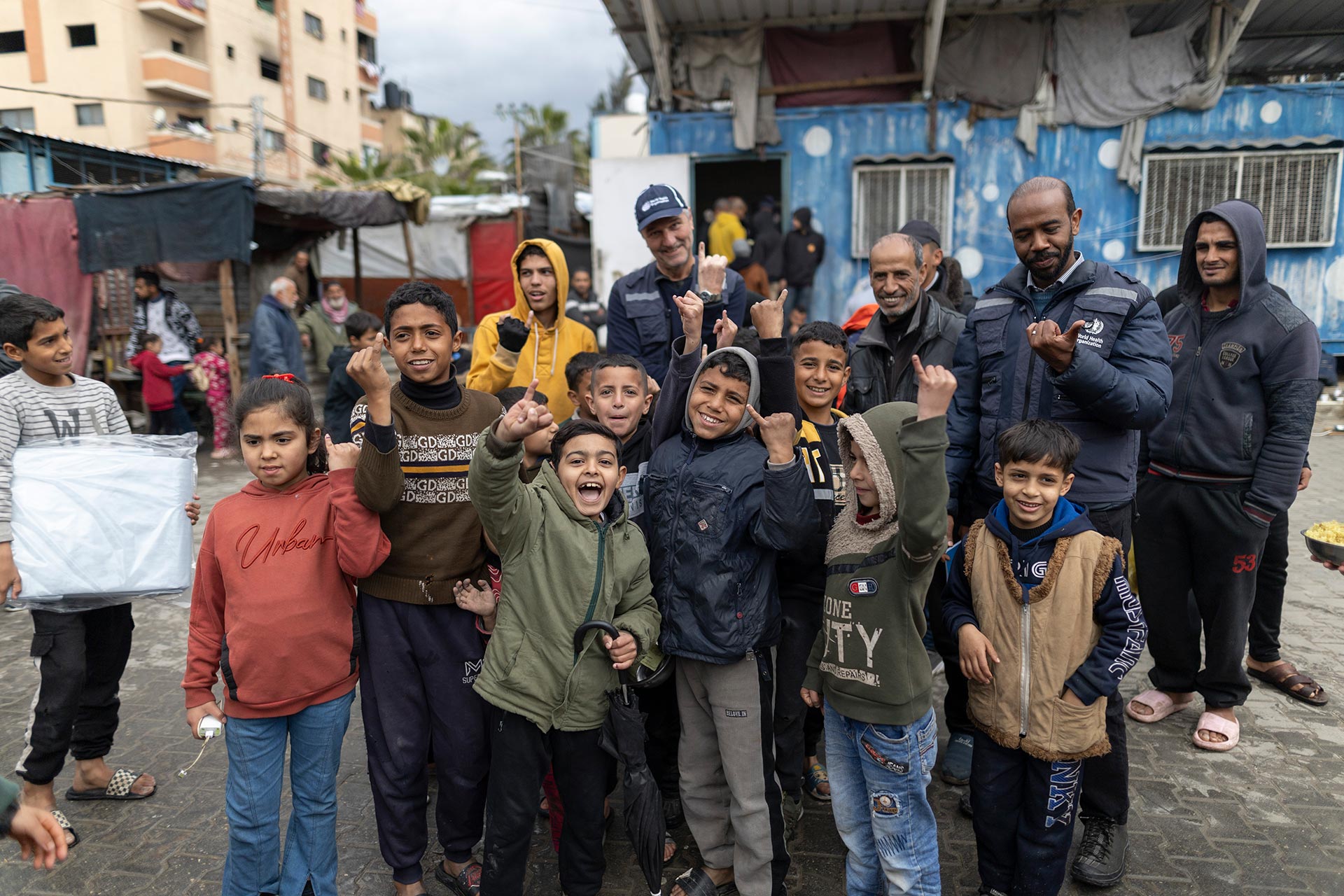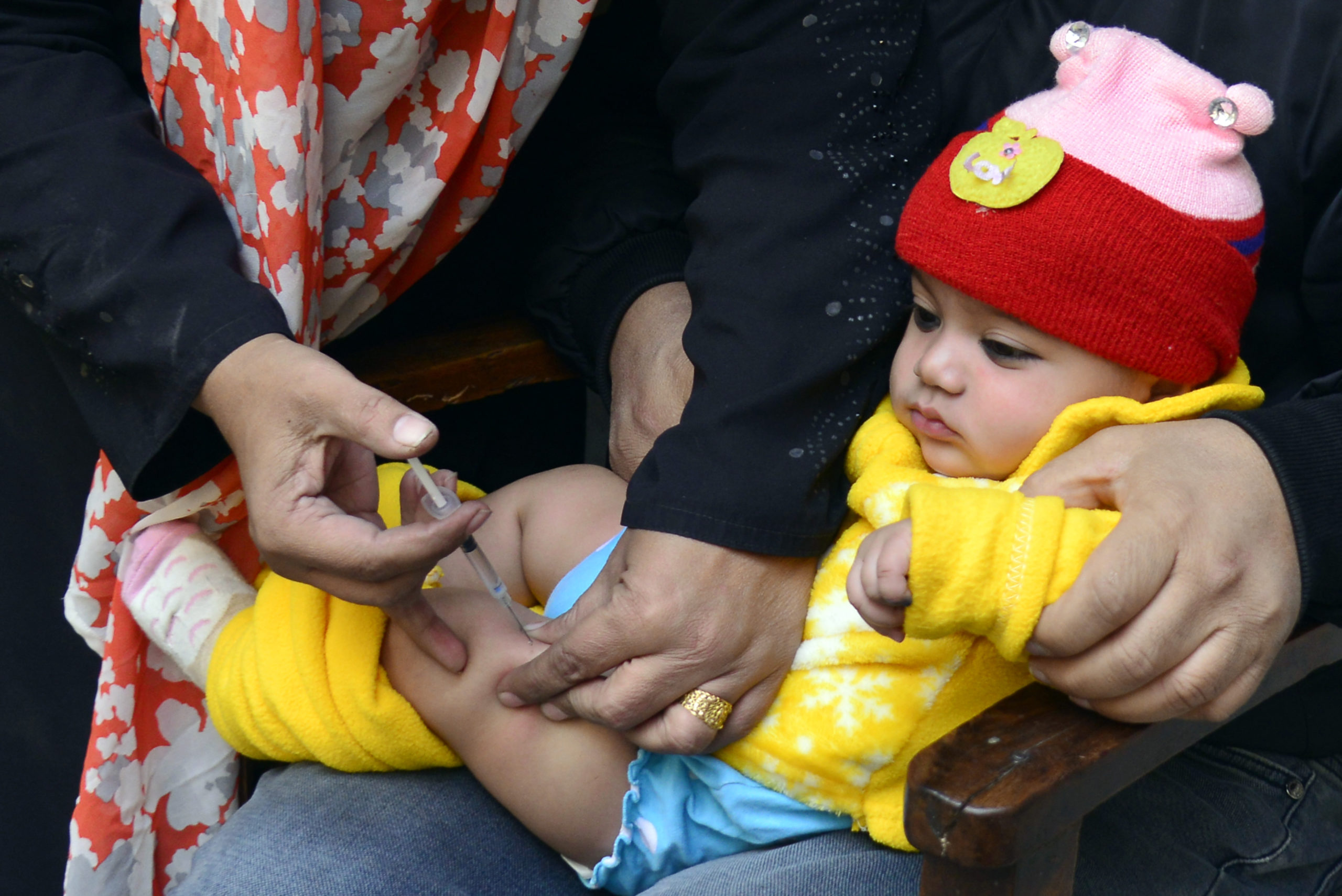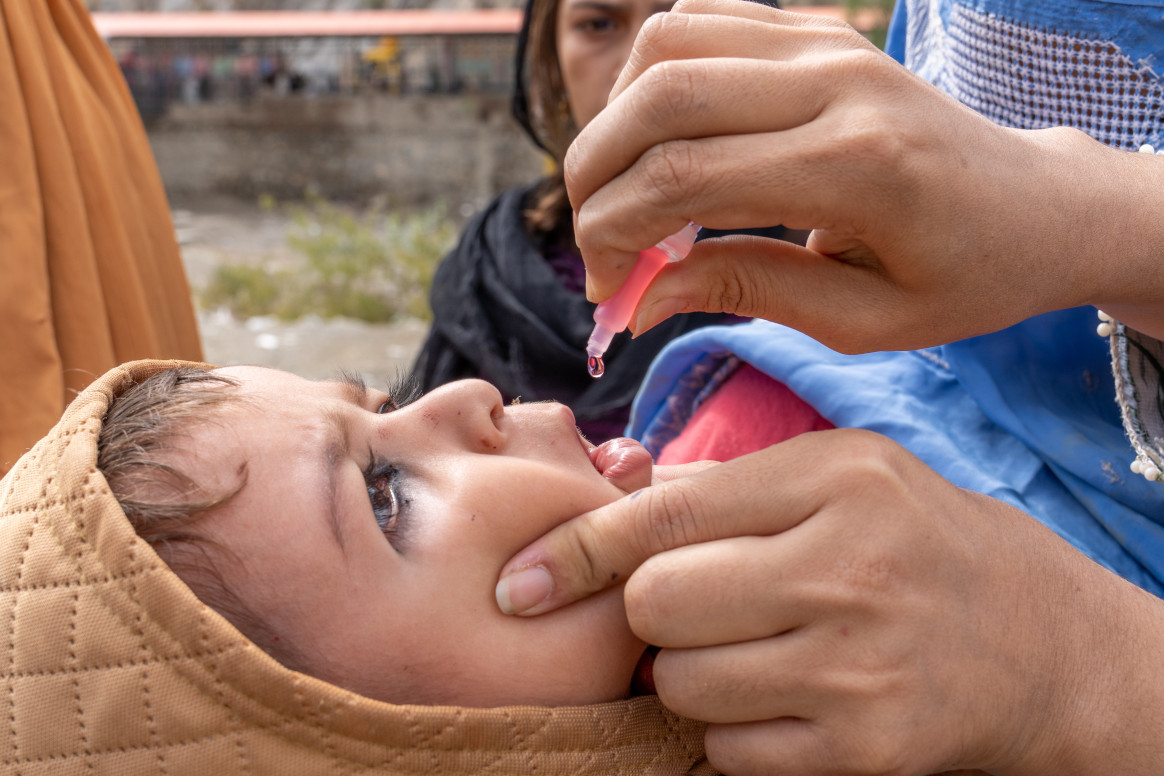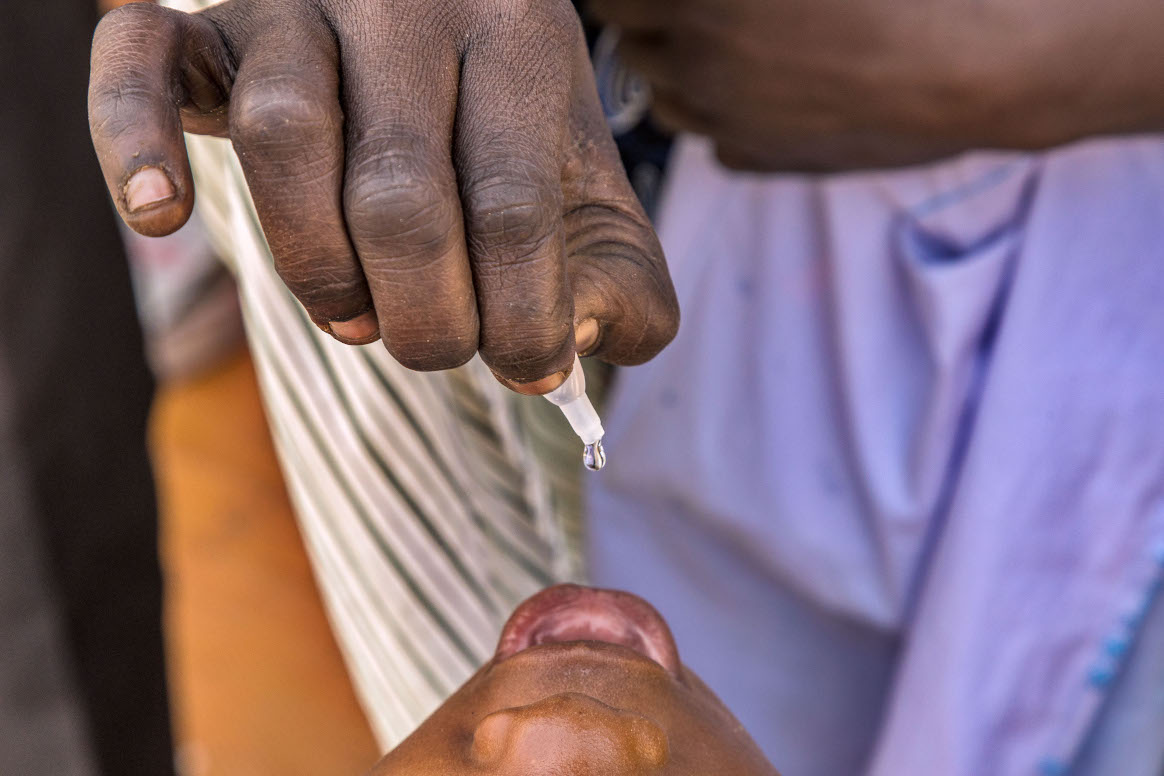
A key priority in 2023 is to end both wild- and variant polio transmission around the world is focusing on the most consequential geographies where children are at the highest risk of encountering and spreading the virus, and which collectively accounted for 90% of all new polio cases worldwide in 2022. Northern Nigeria is one of these seven subnational areas that now hold the key to a polio-free world.
In Nigeria increased vaccination and surveillance efforts have yielded positive results in 2022: No isolates from the country’s main historical transmission chain, the Jigawa lineage, which was responsible for most cases and international spread to many neighbouring countries in West Africa, have been detected since February 2022. There was a decline from 1028 cases as on 31st December 2021 to 168 cases as on the 31st December 2022. As a result, the virus is currently confined primarily to two states in the northwest zone of the country, namely Sokoto and Zamfara. This presents a distinctive opportunity for Nigeria to interrupt transmission by December 2023, according to the Expert Review Committee for Polio Eradication and Routine Immunization (ERC), the independent technical group advising the country on its eradication efforts.
In February 2023, the ERC convened its 39th meeting in Nigeria to make recommendations aimed at interrupting transmission of variant type 2 polio and maintaining its indigenous wild poliovirus-free certification status along with the entire African Region. Led by the Ministry of Health’s National Primary Healthcare Development Agency and supported by GPEI partners, Nigerian civil society and Rotarians across the country, efforts are intensifying to fully implement the National Polio Emergency Action Plan (NPEAP).
The country has developed a comprehensive National Polio Emergency Action Plan (NPEAP) to address the risks of all poliovirus types in order to ensure Nigeria and the entire Region’s certification status is maintained, within the context of the political transitioning process, the impact of COVID-19 on the national health systems and economy as well as the increasing concerns of insecurity affecting surveillance and vaccination reach. All recommendations made by the ERC are aimed at aligning the NPEAP with the 2022-2026 Global Polio Eradication Initiative (GPEI) Polio Eradication Strategy.
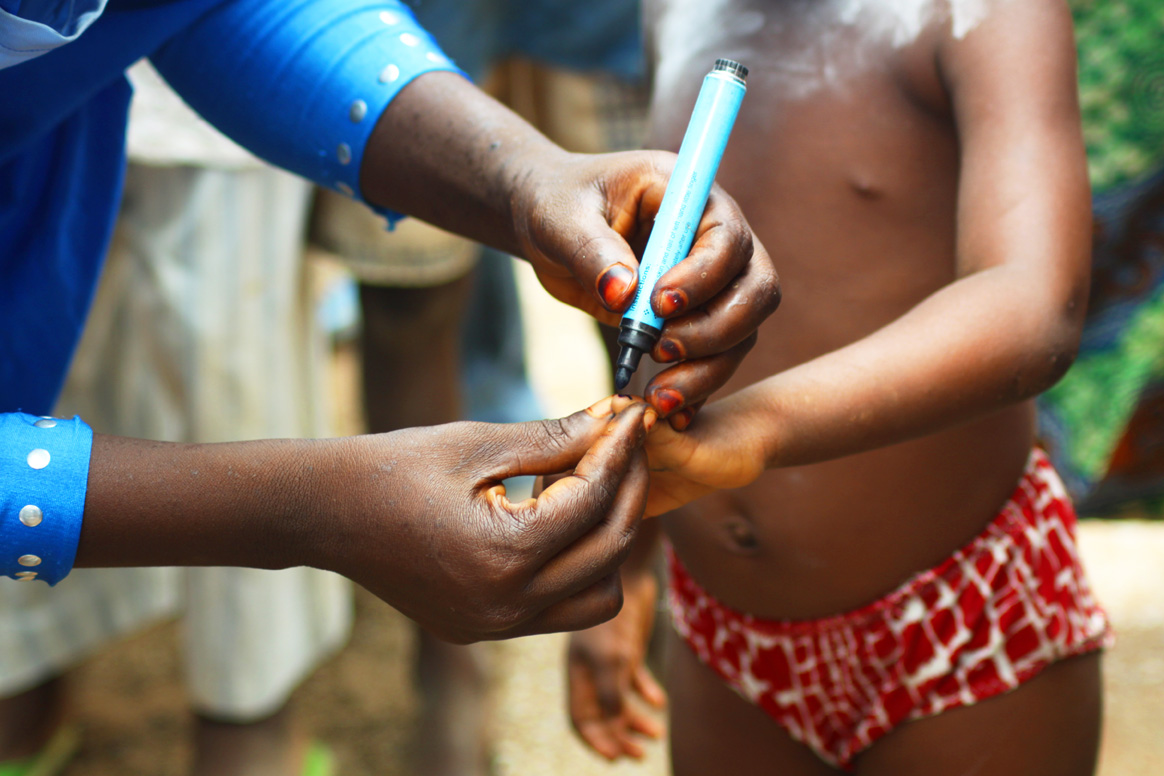
The ERC noted that the proposed activities for 2023 are contingent on three critical enablers, namely the global stockpile of novel oral polio vaccines (nOPV2) and bivalent oral polio vaccines (bOPV), constraints in financial resources, and a smooth political transition to drive political commitments at sub-national levels. Given the impact of variant type 2 poliovirus over the last few years, there should be limited room for complacency to reach the finish line for the interruption of these strains. The ERC, therefore, called on all partners to support the implementation of the NPEAP for 2023.
The conference also highlighted some of the achievements made in the fight against polio in Nigeria. The conference also highlighted some of the achievements made in the fight against polio in Nigeria. In 2022, there was an 84% decline in variant type 2 poliovirus cases, reduced from 415 cases in 2021 to 48 in 2022. The quality of Supplemental Immunization Activities (SIAs) improved, especially in the last quarter of 2022, and there were narrowed surveillance gaps at sub-national levels. Routine immunization (RI) coverage also improved from 33% in 2016 to 57% in 2022, and COVID-19 vaccination was also optimized to improve demand generation and delivery of other essential immunization vaccines.
The ERC made recommendations in nine thematic areas to fully implement the National Polio Emergency Action Plan, including by continuing to strengthen surveillance, mitigate risks due to inaccessibility and insecurity, build a more resilient routine immunization programme, assure solid vaccine management and advocate for a polio-free Nigeria.
In conclusion, 2023 is a critical year for polio eradication efforts in northern Nigeria and the other most consequential geographies for poliovirus transmission. The global community must continue to support these efforts to ensure that no child is left behind, and we can finally achieve a polio-free world.
